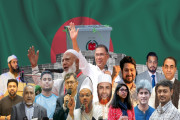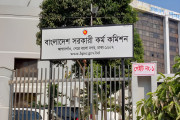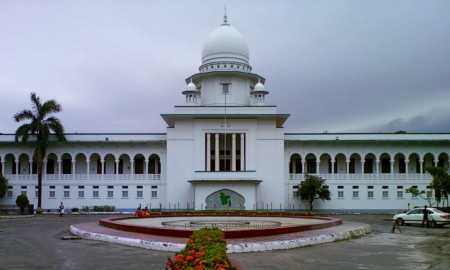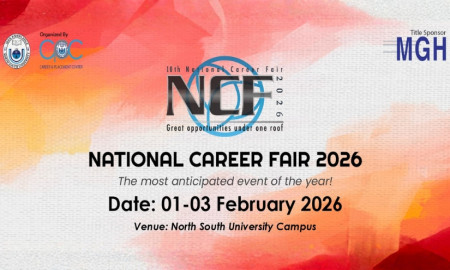Why NYC Mayor-Elect Zohran Mamdani Can Never Become a U.S. President
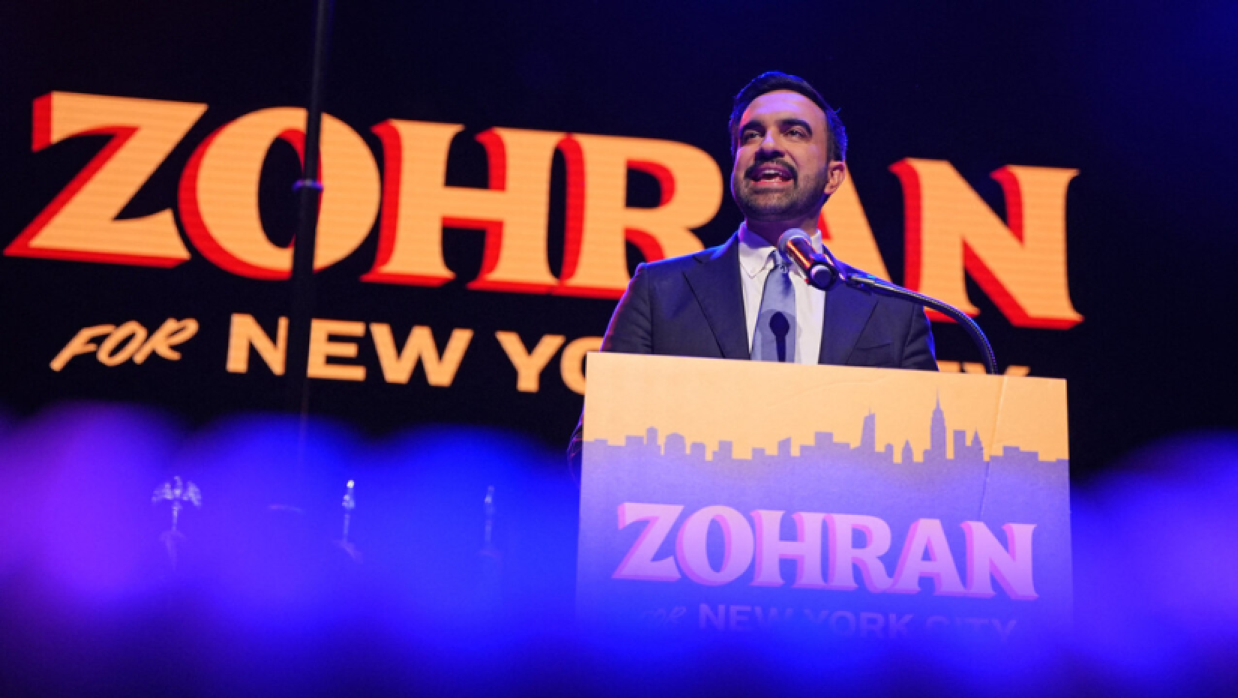
Zohran Mamdani's stunning victory in the New York City mayoral race has made him the city's youngest mayor since 1892, its first Muslim mayor, and the first born in Africa. At 34, the Democratic socialist's win over former Governor Andrew Cuomo and Republican Curtis Sliwa marks a historic shift, with Mamdani securing over 50% of votes in the nation's largest city.
To many Democratic voters, he appears to be the next Obama — charismatic, young, and unapologetically bold, especially to a TikTok-first generation. In a podcast interview, he recalled how, during his campaign, every other uncle would lean in and whisper, “President next time, please,” into his ear.
Yet, despite his rising star and progressive vision, Mamdani is constitutionally barred from ever running for U.S. President—a rule rooted not in politics, religion, or ideology, but in the nation's founding document. As Mamdani would laugh and reply, “For God’s sake, tell them it’s illegal — I can’t even run for president.”
The barrier lies in Article II, Section 1, Clause 5 of the U.S. Constitution: "No person except a natural born Citizen, or a Citizen of the United States, at the time of the adoption of this Constitution, shall be eligible to the Office of President; neither shall any person be eligible to that Office who shall not have attained to the age of thirty-five Years, and been fourteen Years a Resident within the United States." In essence, candidates must be a "natural-born" citizen (born in the U.S. or abroad to U.S. citizen parents), at least 35 years old, and a 14-year U.S. resident.
Mamdani, born in Kampala, Uganda, to Indian-Ugandan academic Mahmood Mamdani (a Columbia University professor) and Indian-American filmmaker Mira Nair (known for Monsoon Wedding and The Namesake), became a naturalized U.S. citizen in 2018. Since his parents were not U.S. citizens at his birth, he does not qualify as "natural-born." This rule has sidelined other high-profile figures like Elon Musk (South African-born) and Arnold Schwarzenegger (Austrian-born), despite their immense contributions to American society.
During his victory speech, Mamdani celebrated his immigrant roots: "New York will remain the city of immigrants, a city built by immigrants, powered by immigrants, and as of tonight, clearly led by an immigrant."
He added, "I am young, I am Muslim, I am a democratic socialist and most damning of all, I refuse to apologise for any of this. I will wake each morning with a singular purpose, to make this city better for you than it was the day before."
Mamdani's campaign focused on affordable housing, public safety reform, and economic equity, resonating with New York's progressive voters. He trounced Cuomo in the June Democratic primary and edged out the independent Cuomo and Republican Sliwa in the general election, with turnout hitting record highs (over 1.15 million early votes).
While his vision—free buses, rent freezes, public grocery stores, and pro-Palestinian policies—electrifies urban liberals, it faces skepticism nationally. Democratic socialists like Bernie Sanders have struggled beyond blue strongholds, and Mamdani's unapologetic stance on Israel-Palestine (calling its policies "apartheid and genocide") could alienate swing states. Even without the constitutional bar, his identity as a Muslim, South Asian, and immigrant-born mayor (first since NYC's founding in 1898) would challenge entrenched biases—echoing Barack Obama's defenses against "Hussein" conspiracy theories.
Changing the rule would require a constitutional amendment: two-thirds congressional approval and ratification by three-fourths of states. Proposals like Senator Orrin Hatch's 2003 "Equal Opportunity to Govern Amendment" have failed repeatedly, rooted in the Founding Fathers' fear of foreign influence.
Mamdani's ascent is remarkable—he's a young, bold, unapologetic leader championing renters and working-class New Yorkers amid post-COVID inequality. His movement may propel him to the Senate or a cabinet role, but the presidency remains forever out of reach. Not because of politics, religion, or ideology, but because the Constitution prioritizes birthplace above all.
FAQs
Why can't Zohran Mamdani run for U.S. President?
- He was not born a U.S. citizen; the Constitution requires "natural-born" citizenship (U.S.-born or born abroad to U.S. citizen parents).
Has this rule blocked others?
- Yes, including Elon Musk and Arnold Schwarzenegger, despite their U.S. naturalization and contributions.
Could the rule ever change?
- Unlikely—a constitutional amendment needs two-thirds of Congress and 38 states' ratification; past efforts have failed.



